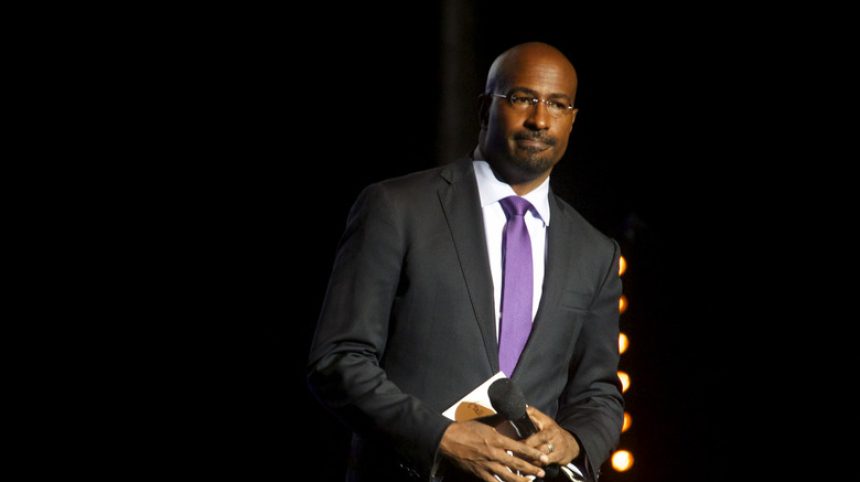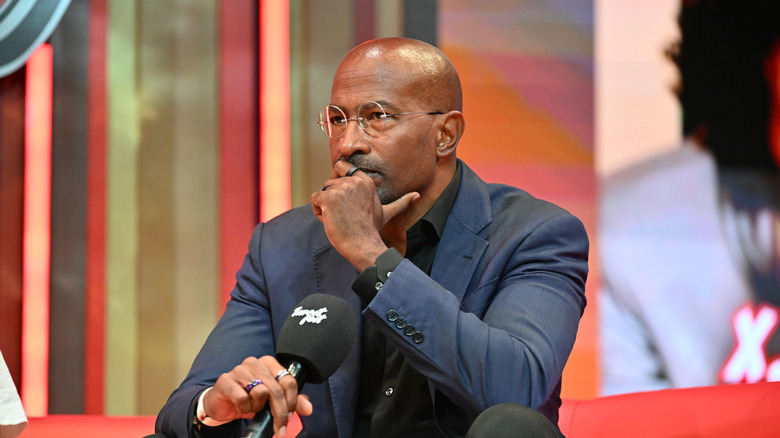CNN’s Van Jones is redefining what it means to co-parent in the modern age. He and close friend Noemi Zamacona welcomed their second child in May 2024, marking a new chapter in their unconventional family dynamic. In a statement to People, Jones exclaimed, “God is so good! This year, He blessed me and Noemi with kid #2 — a healthy, happy, beautiful baby boy.” Most notably, the two share a long-time friendship but are not romantically involved.
Advertisement
Instead, they’ve opted for what Jones describes as a “conscious co-parenting” arrangement. This allows Jones and Zamacona to fully commit to raising their children together without the complications of a romantic partnership. They first embarked on this platonic parenting journey in 2022 with the birth of Jones and Zamacona’s baby girl.
With two older children from a previous marriage to his ex-wife Jana Carter, Jones is no stranger to co-parenting. However, his arrangement with Zamacona takes the idea of a family in the modern age to an entirely new level, showing that families can thrive in many different ways.
Why did Van Jones embrace ‘conscious co-parenting’?
Van Jones’ decision to embrace co-parenting with his friend Noemi Zamacona wasn’t made on a whim. According to Jones, the idea began to take shape during the COVID-19 pandemic, which reshaped his priorities. “After the COVID lockdown, I got clear that I wanted another kid,” he shared in his statement to People after the birth of his first child with Zamacona. “I discovered that my friend Noemi also wanted a baby. So we decided to join forces and become conscious co-parents,” he explained.
Advertisement
Co-parenting can be a struggle when dealing with the emotional weight of a relationship. (Just ask Brad Pitt and Angelina Jolie, who reportedly struggled to co-parent even before their divorce.) However, a platonic co-parenting approach seems to enable both parents to focus on providing stability, letting their friendship form the foundation for their family dynamic. “It’s a concept that I hope more people will explore and consider,” Jones said, encouraging others to look beyond traditional norms of family and parenting.
Their arrangement also reflects a broader trend. Elective co-parenting, which was common in LGBTQIA+ communities, is now rising among single, heterosexual adults. The Guardian reports that traffic for sites Modamily and PollenTree, which connect prospective co-parents, increased between 30% and 50% amidst the pandemic. This signals a rising interest in nontraditional family structures as more people seek to build families prioritizing emotional and financial stability over romance. As Jones and his family lead by example, “conscious co-parenting” may soon find a more accepted place in society.
Advertisement






